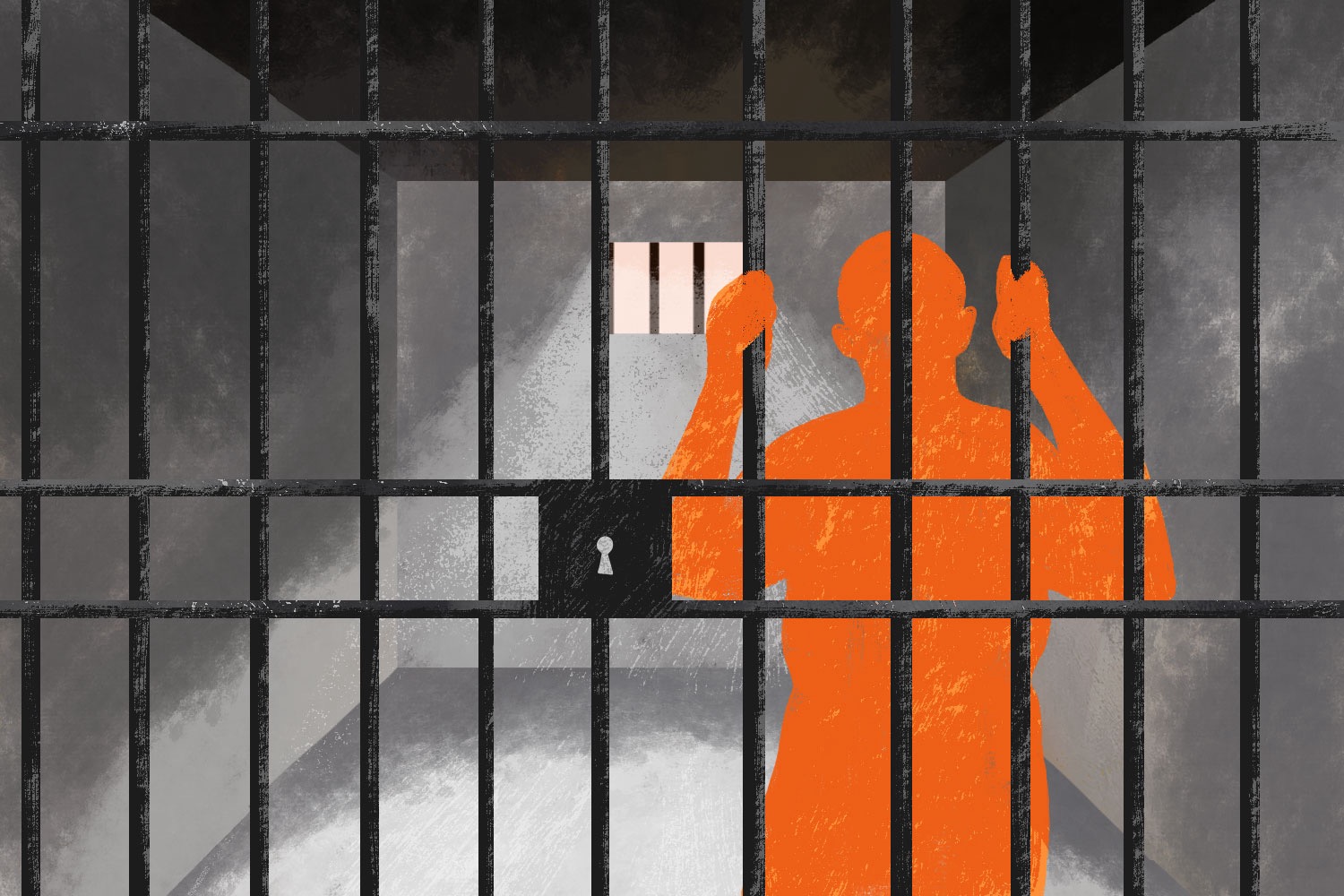Wrongful Arrest

Here are some key points regarding wrongful arrests in Madagascar:
Factors Contributing to Wrongful Arrest in Madagascar
Corruption and Abuse of Power: Corruption within law enforcement agencies can lead to arbitrary arrests. Police or officials may exploit their power for personal gain or due to coercion by influential figures.
Lack of Training and Resources: Police may lack proper training or resources, leading to mistakes in judgment regarding arrests. This can result from insufficient understanding of legal frameworks or failure to gather adequate evidence before detaining individuals.
Social and Political Unrest: Political instability or social unrest can escalate the risk of wrongful arrests, particularly during protests or demonstrations, where authorities may act aggressively towards civilians perceived as a threat.
Witness Misidentification: Similar to other regions, wrongful arrests can occur due to errors in witness identification or miscommunication during investigations.
Legal Framework and Rights
1. Constitutional Protections: The Constitution of Madagascar provides certain protections against arbitrary arrest. However, enforcement can be inconsistent, and individuals may have limited access to legal recourse.
2. Judicial Oversight: Arrests must typically be justified before a judicial authority, but in practice, this can vary. Individuals have the right to seek legal support following an arrest, but resources may be limited.
3. Timeframe for Charge: Individuals arrested must generally be charged within a specific time, otherwise, they should be released. However, delays can occur, leading to prolonged detention without trial.
Consequences of Wrongful Arrest
1. Impact on Individuals: Wrongful arrests can have lasting impacts on individuals, affecting their personal and professional lives. The stigma associated with arrest may lead to reputational harm, regardless of outcomes.
2. Legal Action: Victims of wrongful arrest can pursue legal action, but they might face significant hurdles due to the judicial system's challenges, including corruption and inefficiencies.
3. Social Implications: On a broader scale, wrongful arrests contribute to a lack of trust in law enforcement and judicial institutions, further perpetuating cycles of impunity and unrest.
Conclusion
While wrongful arrest is a risk in Madagascar, it is intertwined with broader social, political, and judicial challenges. Efforts to improve police training, enhance transparency, and strengthen judicial oversight are critical elements in reducing the incidence of wrongful arrest in the country. Individuals who believe they have been wrongfully arrested should seek legal assistance, even if resources are limited.

Comments
Post a Comment